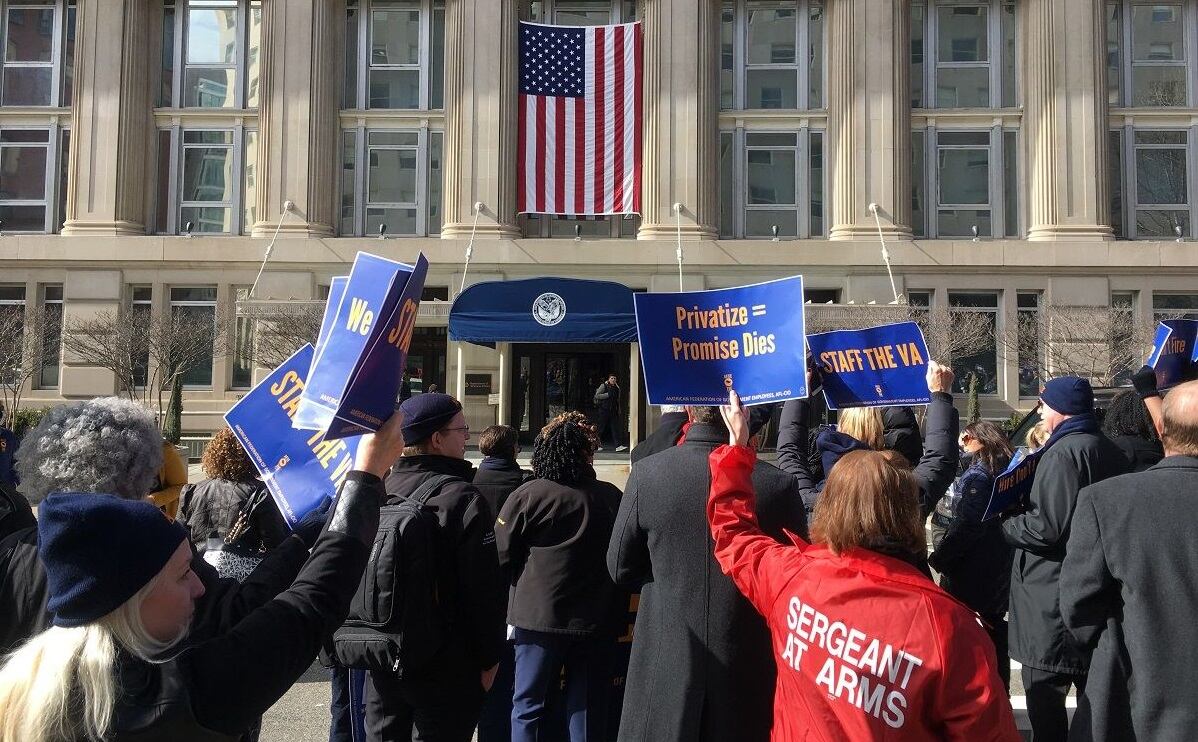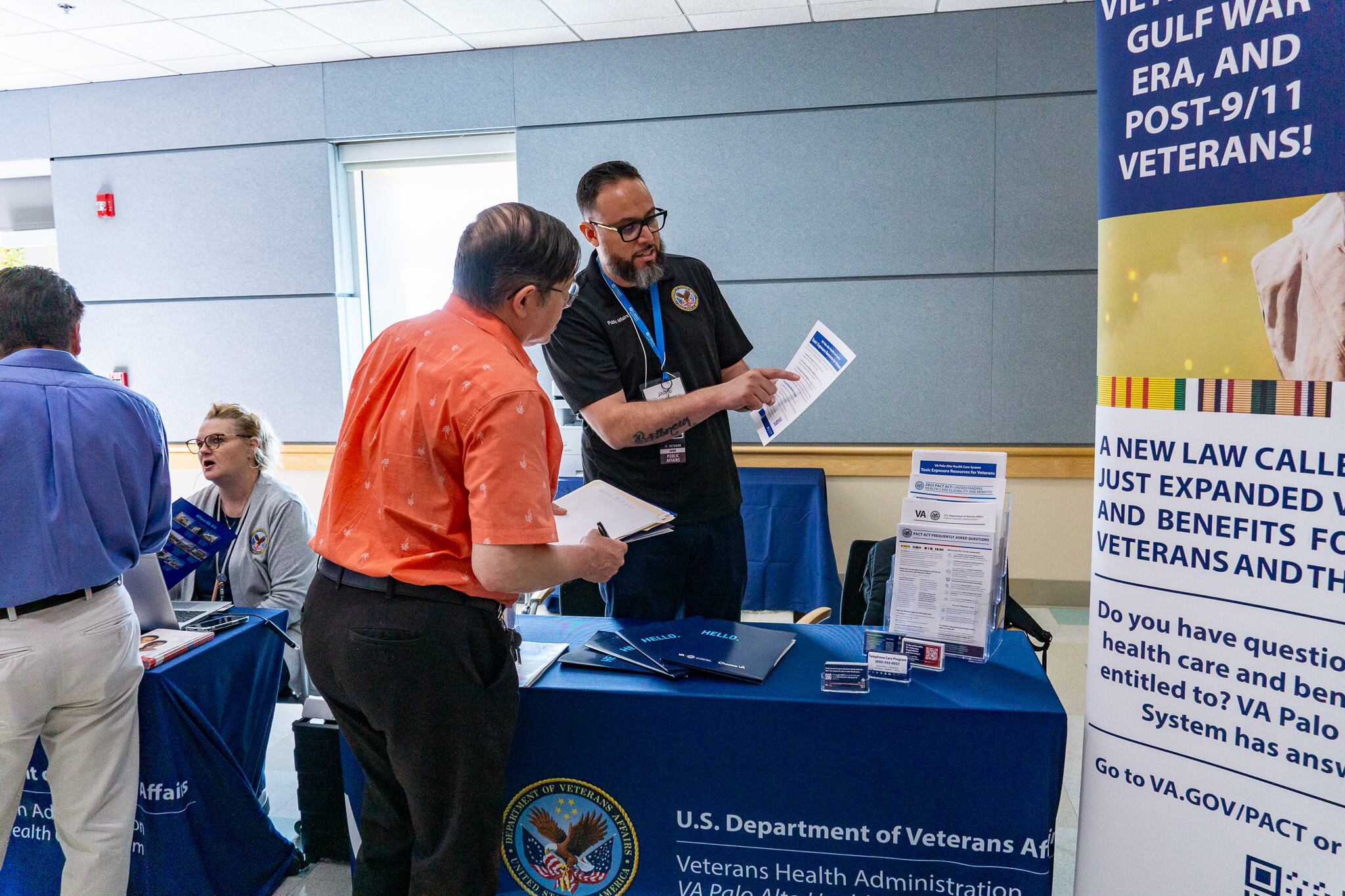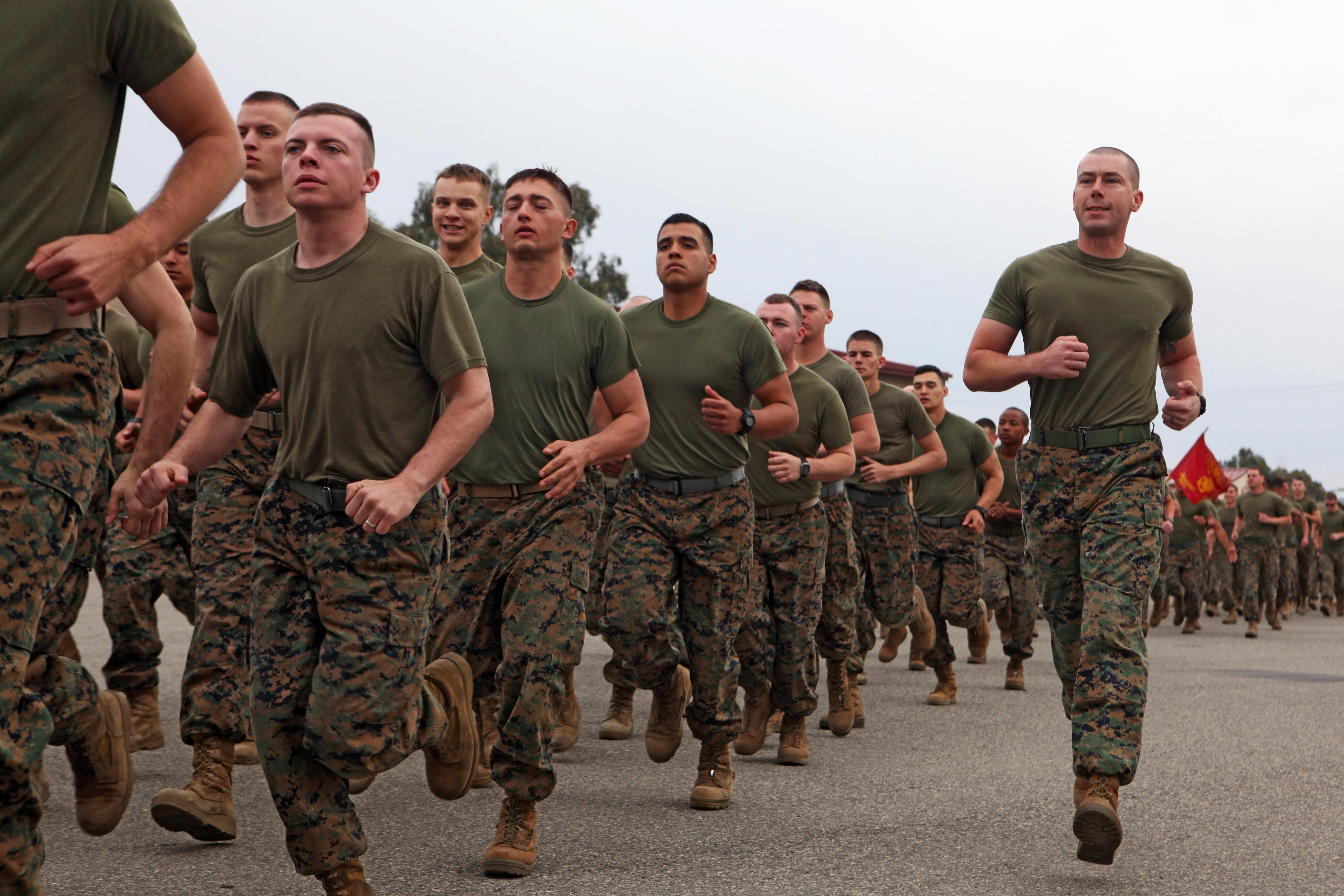The investigation into the F/A-18C Hornet crash that killed Maj. R. Sterling Norton in July is a sobering reminder that flying is inherently dangerous, and even the best pilots are not immune from fatal accidents.
Norton, 36, was a "gifted aviator and Marine officer," who was a graduate of both the Navy's TOPGUN school and the Marine Corps Weapons and Tactics Instructors Course, according to the crash investigation, which Marine Corps Times obtained through a Freedom of Information Act request.
His Hornet crashed while he was practicing strafing targets at night near Marine Air Ground Combat Center Twentynine Palms, California. He was assigned to Marine Fighter Attack Squadron 232 at the time.
Conducting strafe attacks at night is one of the most challenging maneuvers for pilots, the investigation found.
"The difference between a successful strafe attack and one that ends in catastrophe can be a matter of seconds," said Capt. Kurt Stahl, a spokesman for the 3rd Marine Aircraft Wing. "The aircraft engines, flight controls and systems were functioning as designed."
On July 28, Norton had already conducted two dives when he radioed that he only had enough fuel and ammunition for one more strafing run, according to the investigation. Other F/A-18 pilots have speculated that Norton was already calculating how long he would need to pull the trigger to use up his remaining ammunition and how he would fly back to base on his remaining fuel.
"These mental calculations, while not causal, became the first of several distractors during Dive #3 that led to Maj. Norton being cognitively saturated," the investigation found.
Norton began his third dive lower and faster than his previous one, according to the investigation. He pulled the trigger 1,100 feet below his last dive – and 400 feet below his "Safe Escape" altitude.
The flashes from his gun likely prevented him from seeing a warning on his heads-up display that he was too low, the investigation determined. An audio warning telling him "Pull up, Pull Up" was delayed by 1.1 seconds, likely because the warning system recalculated when Norton increased the angle of his dive.
"In a dive that already contained a procedural error, this additional 1.1 seconds did not give Maj. Norton the time or altitude necessary to recover the plane without activating the paddle switch once the warning was annunciated," the investigation says.
Norton's death was ruled an accident, according to the investigation, which found no evidence of misconduct by him.
"The investigation provided lessons learned and recommendations for improvements to pilot technique and software systems in the F/A-18 that can help improve safety in the future," Stahl said. "We will work with [Naval Air Systems Command] and other entities to look for better ways to automate these systems and improve design to help prevent similar accidents in the future."
Norton is remembered as an outstanding Marine and pilot, said Col. William Swan, commanding officer of Marine Aircraft Group 11.
"Having had the honor of serving alongside Maj. Norton, I saw first-hand his professional acumen," Swan said in a statement to Marine Corps Times. "I can tell you he was a quiet professional whose strength of character, gifted ability, and natural leadership epitomized what we all aspire to be as Marine Officers and aviators.
"This is not shallow praise; but a testament to the man, his family, and his friends that enabled him to have such a positive influence on those around him. I have no doubt his legacy of tactical expertise, dedication, humor, humility, and friendship will be felt in perpetuity. He certainly will be missed by all who knew him."





